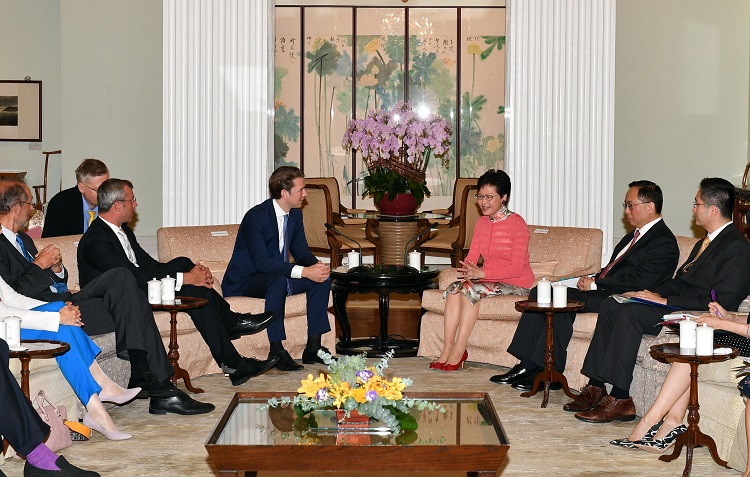There are reportedly around 1,700 financial institutions in Hong Kong that have given account details of their customers to local authorities. These customers are tax residents of 75 jurisdictions around the world, as the metro prepares to exchange information with other governments to crack down on tax evasion.
However, as reported by South China Morning Post, Hong Kong only has agreements with only 50 of these jurisdictions. This already includes Canada, Japan, Singapore, and mainland China. Meaning, it will only send information annually to local tax authorities in said areas.
The first exchange is scheduled to take place by the end of this month. As for the remaining 25 jurisdictions, they are expected to receive information as soon as they activate "exchange relationships" with Hong Kong.
The Inland Revenue Department revealed to the publication that it had earlier asked 1,800 entities, including banks, insurers and wealth management companies, to hand over information of customers who are non-tax residents.
"Up to September 6, 2018, the submission rate is around 96 percent," a department spokesman said.
It received reports that meticulously details account balances, income from insurance products, dividends paid, sales proceeds from financial assets, and other income generated from assets.
Hong Kong is among 149 jurisdictions that are party to a global tax cooperation initiative, which is simply known as Automatic Exchange of Financial Account Information in Tax Matters (AEOI).
The city's well-developed financial markets are believed to be the reason why so many investors are coming, most of which is the mainland's wealthy elite. Two-thirds of total assets under management in Hong Kong, or HK$15.92 billion (US$2 billion) last year, came from non-Hong Kong investors, according to a survey by the Securities and Futures Commission. It did not specify how many of them were mainland Chinese.
Meanwhile, the Insurance Authority's data revealed clients from across the border and were responsible for pushing up the number of new premiums collected year after year. It rose from HK$5.2 billion in 2007 to HK$72.7 billion (US$9 billion) in 2016, Elteboro reports.
Mabel Chan, the former chairwoman of the Hong Kong Institute of Certified Public Accountants, announced that financial account holders in the city who were tax residents elsewhere should consider getting advice from professional consultants on their liabilities.
"This [would be especially important] for those from jurisdictions implementing a worldwide tax, such as China," Chan said as refers to how mainland tax authorities require taxpayers to report overseas income.






